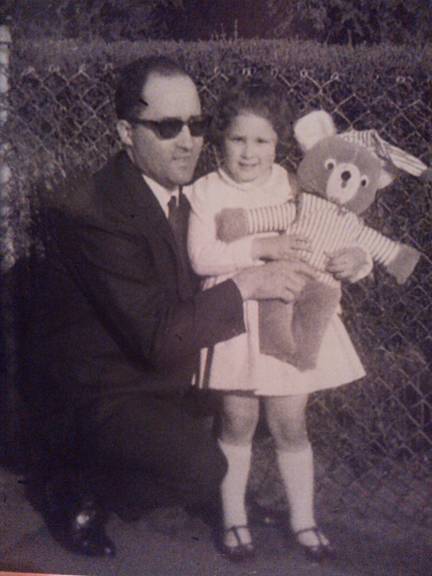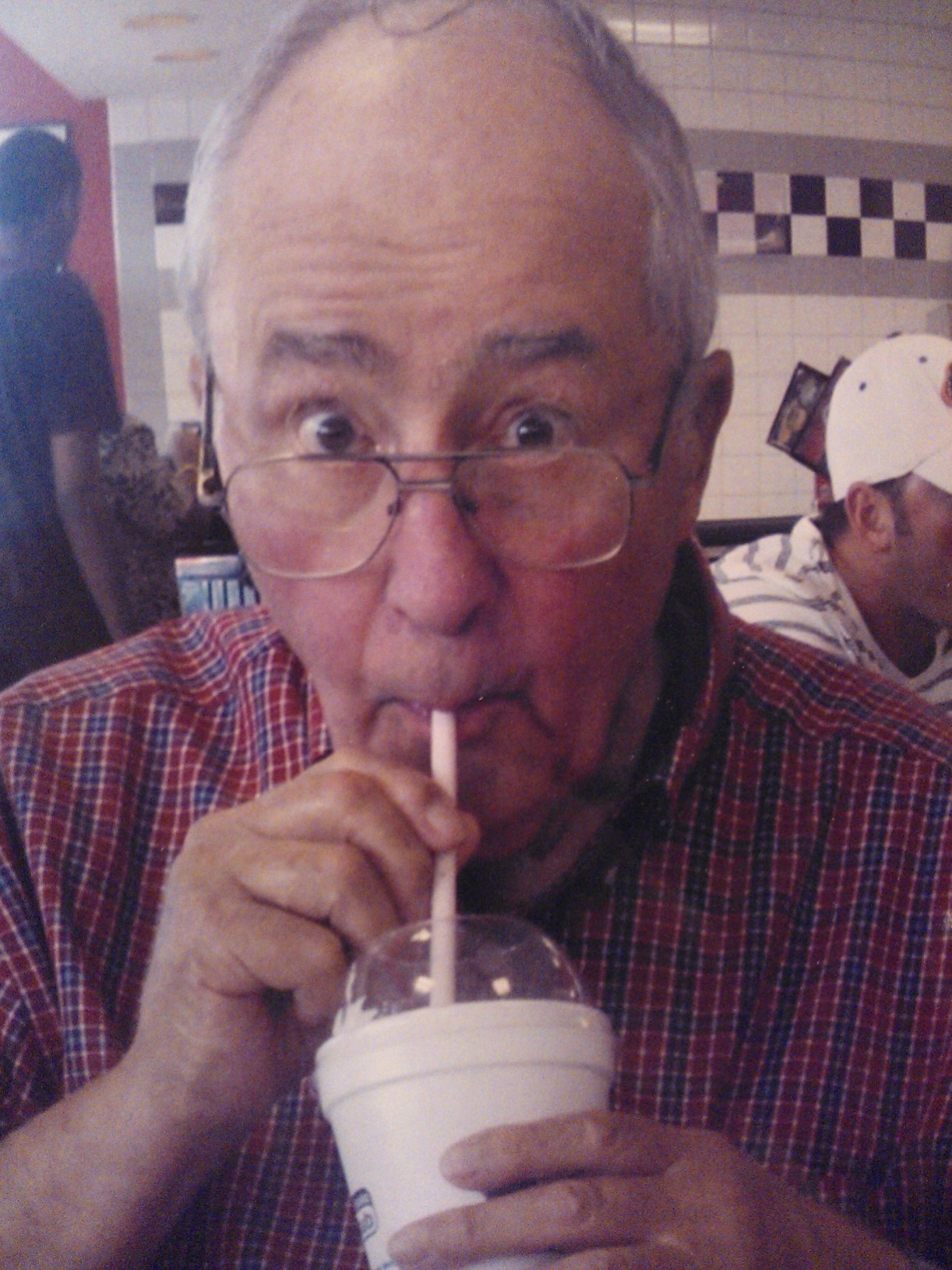He never gave me his name but he left many, many slurred voice mail messages on my personal cell phone. He sounded weary and my initial gut reaction was that something wasn’t right. I called back to politely tell him that I am not “Chas” and that he had the wrong number, but the calls persisted. I called back again to remind him gently that I am not “Chas.” All I understood was that he didn’t know how to delete my number and could I help him. Unable to do so, I maintained a kind voice and stretched the patience for this bizarre situation.
One day, I called back again, but his son answered the phone long enough to tell me his father was crazy and to ignore his calls. The son sounded like a jerk. My heart sank a little more for this unfortunate father.
The calls persevered. Normally in a situation like that, my temper would probably get the best of me eventually. Again, my heart told me something wasn’t right; perhaps it was dementia or another neurological challenge. He called multiple times a day and, when I answered it, I would just tell this man that I wasn’t who he was looking for. It was beginning to feel like a scene from the movie Groundhog Day where Bill Murray kept repeating the same day over and over again.
One day, I turned off my phone when I was out with my family. Later that night, I checked my messages. What I heard released a few tears and a humble heart for all that I am and all that I have. Though the words were slurred, this is what I could understand:
Hello, Lady. I know I call you all the time but don’t mean to. I have a problem. I have many, many problems and I just don’t know what to do. I am trying to find Chas but all I get is you, and I keep bugging you because I don’t know how to delete you from this phone. I can’t remember things. I’ve been diagnosed with (couldn’t make out what he said) and at least my legs work … sometimes they work and I am just so grateful for that. Yes I am. Thank the Lord for that. I’m a vet. I’m a good guy. You’re such a nice lady and I feel bad that I keep calling but you’ve been so nice to me. A lot of people wouldn’t be so nice. Thank you too. I’ll try not to call anymore. Good bye.
In a rush of thoughts, I saw a man on medications, hurt, lonely, and with a son who’s a jerk. But the thought that overpowered the rest was as simple as a thought could be … I tried to be kind and very grateful that I didn’t sling any of my bad day onto him like most people would. We’re all guilty of it from time to time. I was so grateful that he thought the lady’s voice on the other end of the phone was kind.
Such a simple thing to do, and yet he was thankful for it, like I had somehow offered him a present. You never know what’s really happening on the other side of the phone line, the other side of the door, the other side of the counter. That must be where the Native American proverb comes from …
Never criticize a man until you’ve walked a mile in his moccasins.
From that perspective, my shoes (and good, strong legs) are looking pretty good right now.
©2014 The Estate Lady®
Julie Hall, The Estate Lady®, is the foremost national expert on personal property in estates, including liquidating, advising, and appraising. http://www.TheEstateLady.com She is also the Director of American Society of Estate Liquidators®, the national educational and resource organization for estate liquidation. http://www.aselonline.com.
No part of The Estate Lady® blogs, whole or partial, may be used without Julie Hall’s written consent. Email her at Julie@TheEstateLady.com.




